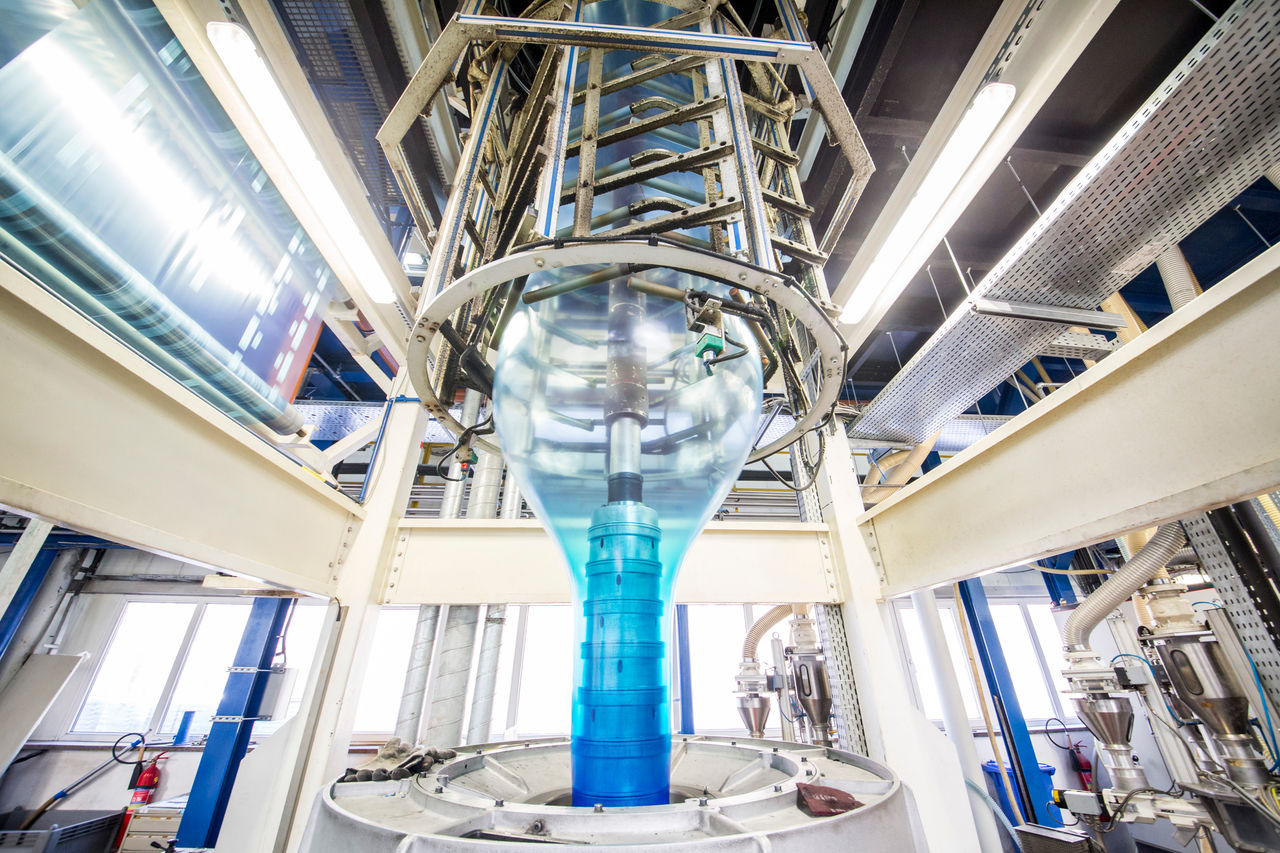Recycle plastic waste – avoid marine and microplastics


Fair Recycled Plastic processes plastic waste in India and then processes the recovered recyclate in garbage bags from Swirl® and handy bag®.
The consumption of products on earth has increased enormously in recent years and decades. At the same time, this development has led to a sharp increase of waste worldwide. This increase poses major challenges for developing countries and emerging economies in particular, as there is often a lack of comprehensively functioning waste management. Waste ends up on the roadside, in nature and in bodies of water. The focus of this problem is usually plastics. The consequences are "ocean plastic" and "microplastics in the environment". It has been proven that about 90 percent of the plastic waste in the world's oceans originally comes from ten rivers. Eight of these rivers flow through Asia.
"The pollution of the environment and oceans by plastics is a serious problem that rightly receives a lot of attention and for which solutions must be found at full speed," says Oliver Strelecki, Managing Director of Cofresco, a subsidiary of the Melitta Group and, among other things, a manufacturer of garbage bags under the Swirl® and handy bag® brands. "As a plastics producer, we are aware of our responsibility. We don't want to be part of the problem, we want to be part of the solution. For us, Fair Recycled Plastic is an important milestone in our overall commitment to sustainability," explains Oliver Strelecki.





Fair Recycled Plastic aims to avoid marine and microplastics by collecting, processing and reusing plastic waste. "Plastic that ends up in the environment as waste is harmful, no question about it. However, plastic is not automatically bad. This is where we need to differentiate," explains Martin Rogall, Chief Sustainability Officer at Cofresco. After all, plastics have become an integral part of our lives. Among other things, they enable hygiene, can be a very good transport aid and help to extend the shelf life of food. They have properties that other materials do not provide at all or often only with a worse ecological balance. "If we recycle them consistently, plastics are the more environmentally friendly alternative and a valuable raw material." In order for plastics to be reused, they must be properly collected and processed. "And this is where we come in with Fair Recylced Plastic," explains Martin Rogall.
New recycling plant in Bangalore processes plastic waste from waste pickers
Every year, around 2,000 tonnes of plastic waste collected by waste pickers in India are delivered to the new recycling company Vishuddh Recycling Pvt. Ltd. in Bangalore. At the plant, 20 employees currently process these into recyclate, which is fed into the production of garbage bags of the Swirl® and handy bag® brands. "Not all plastics are suitable for the production of garbage bags," explains Martin Rogall. Therefore, the recyclate must consist of LDPE, the low-density polyethylene. This is a soft plastic that is mainly used for bags. "So far, there is only a small, fluctuating market for this type of plastic in Bangalore. There are few or very volatile buyers of LDPE. The fluctuating price often does not outweigh the effort of collecting, so there is little incentive to collect this type of plastic." With Vishuddh Recycle, a constant buyer of LDPE is now entering the market, making collection more lucrative in the long term.


The supplied LDPE is processed in an industrial hall in Bangalore. "We have converted and expanded an approximately 4,000 square meter hall, which was previously used as a warehouse, for the production of the plastic granules," explains Ashutosh Singh, Managing Director of Vishuddh Recycle Pvt. Ltd. There, the delivered LDPE is first pre-sorted again to ensure that only pure materials enter the machine. The sorted material is then shredded into pieces of approx. 30 millimeters in size and cleaned and dried in a washing plant whose washing water is circulated. The shreds are then heated and filtered in a regranulation system to remove any remaining residues, such as printing inks. Subsequently, the granulate is ejected via a hot knock-down and packed into so-called big bags.
Plastics from Bangalore end up in garbage bags from Swirl® and handy bag®
The big bags are brought to Poland in shipping containers, where they are sent for garbage bag production. "We are aware that the granulate has to travel long distances. Nevertheless, this effort makes sense, as we significantly improve the eco-balance of the plastic by reusing it. Overall, the recycled granulate is still much more ecological than virgin material and therefore a good alternative for our garbage bag production. Above all, we are creating a safe purchase of recyclate from the plant in Bangalore and guaranteeing the long-term stability of our local social business commitment," explains Martin Rogall, Chief Sustainability Officer at Cofresco.
"Fair Recycled Plastic is a very important milestone in the sustainability commitment of Cofresco and the Melitta Group. We are very proud of this, but we are not satisfied with it yet, but would like to build on it in the future," says Oliver Strelecki, Managing Director of Cofresco.


